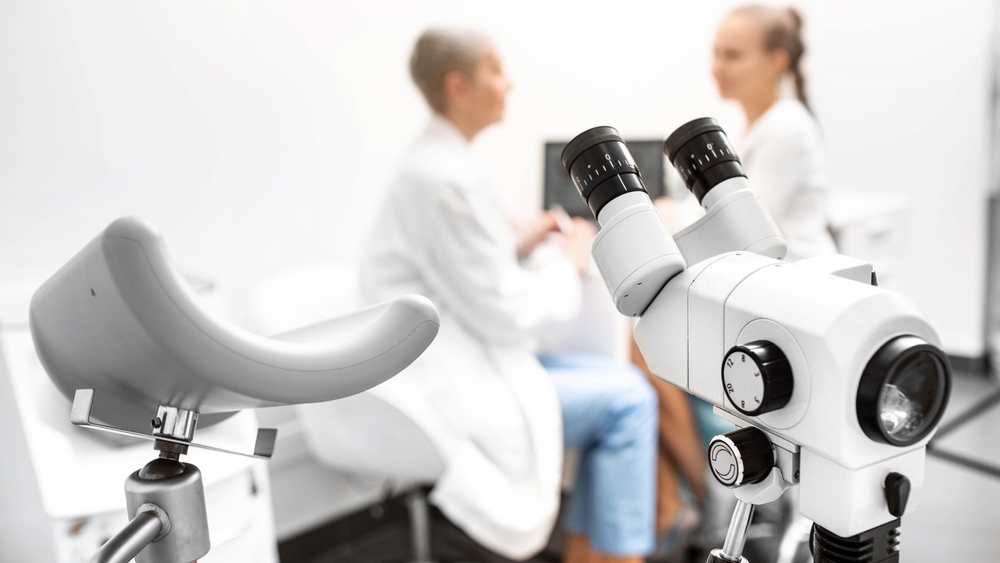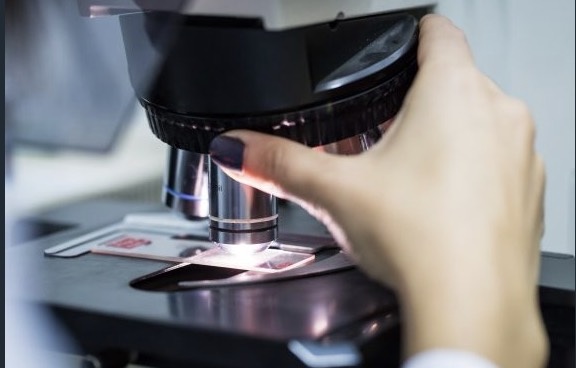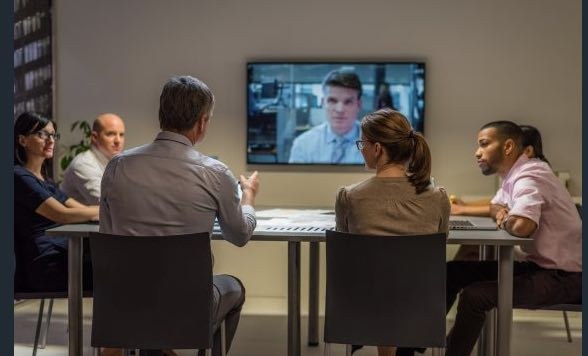About the programme
The aim of the BSCCP/RCOG colposcopy training programme is to enable trainees to obtain the core knowledge, develop the necessary skills and the personal and professional attributes to enable competency in colposcopy. The training programme should be largely student or trainee-centred but active trainer involvement is essential.
The syllabus is clearly detailed in the logbook but it is very much up to the trainee to target what they need to learn. There needs to be interaction between the trainees and trainers and regular formative review and feedback is important. Whilst the practical aspects of colposcopy are learnt via apprenticeship, there is a difference between clinical supervision and tuition; trainers should not function simply as overseers should actively be tutors, providing direction and assessment in training.
Much of the theoretical background to colposcopy is initially introduced by gathering information. However the integrated nature of the clinical training strongly enables problem-based learning. Each case presents an individual problem, which acts as a stimulus for learning.
Trainees should consider what and why they do what they do and this practical experience should be supplemented by focused background reading in order to put cases into perspective.

Programme milestones - key steps
Join the BSCCP and select a trainer
A prospective trainee needs to join the BSCCP to get an account with the Learning Zone which is accessed via the members area.
Once the trainee is logged in, a colposcopy trainee dashboard highlights the first main step which is to select a certified trainer from the dropdown list to supervise the training.
Once the trainer accepts the application the trainee will have access to the Colposcopy Training Programme.
Basic Colposcopy Course
All trainees must have completed a BSCCP recognised Basic Colposcopy Course. This should preferably be completed prior to starting clinical colposcopy training. However, this may be at a later date after training has commenced, if the Trainer has no objection.
The certificate of the BSCCP recognised Basic Course must be dated within the last 5 years at the point of submission. If the Bascic course date is over 5 years then a certificate of attendance at a more recent BSCCP recognised Advanced Course or a repeat Basic Course certificate would be acceptable.
Clinical Experience
It is recommended that clinical training should be completed within 12 months.
- The trainee is required to see 50 cases (20 of which must be new cases) under direct supervision and 100 (30 new) cases under indirect supervision. Half of all new cases must be high-grade smear referrals.
- Direct supervision means that the colposcopic examination is performed with the trainer in the room.
- Indirect supervision is when the trainee is seeing a patient without the trainer present in the room. However, the trainer should be available if needed. The trainer should review every case seen by the trainee, ideally straight after each clinical session so as to provide feedback.
The Electronic Log-Book
To apply for the electronic logbook you must first register for training and select a BSCCP certified trainer.
Once your trainer has been selected you will be able to acccess the steps in the colposcopy training programme. You will be able to register for an electronic logbook
The electronic logbook has a number of educational roles and should not simply be regarded as a record. Firstly it documents the trainee’s progress in working through the theoretical aspects of colposcopy: the trainer should regularly review this with the trainee to identify if there are any problem areas. In addition, the log-book records clinical experience and it is important that the trainer periodically reviews this in order to assess breadth of experience and to overview the correlation between colposcopic findings and histology.
Completion of the logbook is on-line only, however click here for a paper-based logbook that should be printed out to retain as a back up copy to the e-logbook. You are not required to submit this to the BSCCP.
Electronic Colposcopy Logbook Minimum Requirements
50 cases performed under direct supervision:
- 20 must be NEW cases, (10 of these must be high grade abnormalities)
- 30 review cases
100 cases performed under indirect supervision:
- 30 must be NEW cases, (15 of these must be high grade abnormalities)
- 70 review cases
When Review cases are not available it is possible to enter new cases in as review cases
-

-

Completion of feedback to trainees via documented assessments is required as part of the BSCCP training programme.
Click here for a summary of requirements and forms.
-

- Requirements
- All trainees should be familiar with the workings of the cytology and histopathology laboratories and spend at least one session of 5 hours in each. In addition all trainees should attend clinico-pathological meetings.
The aims of Colposcopy Trainees attending Pathology Laboratories are:
- To understand the practical aspects of slide preparation
- To view cytology slides
- To see how loop specimens are handled grossly
- To see how poor biopsy techniques result in problems of interpretation
- To Meet the Cytology and Pathology Staff and gain an understanding of their work
Click to download the Laboratory Attendance form
-

Trainees should regularly attend MDT meetings in their unit, and as a minimum, should attend at least 50% (a minimum of 6) of the meetings during their period of training.
-

Trainees should be encouraged to undertake at least one audit topic during their training, whether or not they had previous audit experience. Wherever possible they should be encouraged to participate in research studies.
-
Resources Listing
Read More
Please note
Any difficulties in understanding or achieving various requirements for training can be discussed with the BSCCP Certification and Training Committee.


